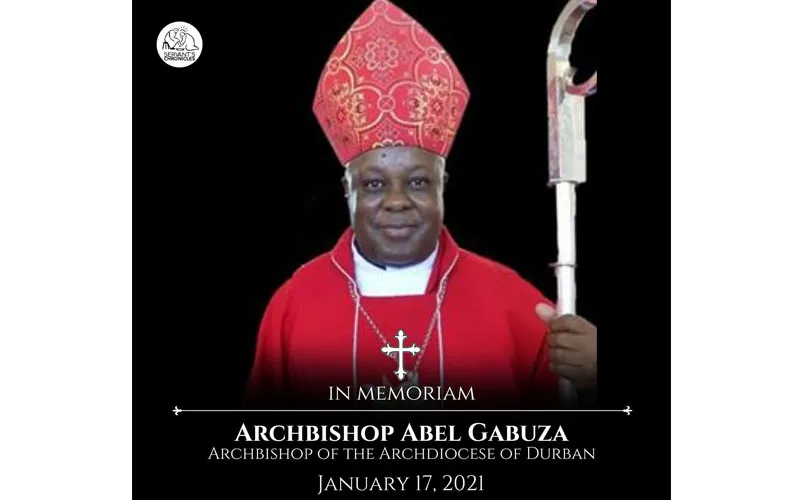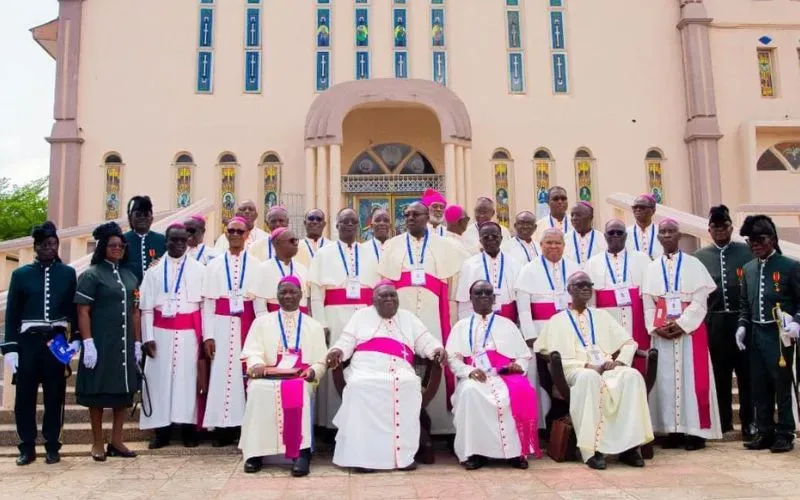“In regarding himself as the son of the Church, Archbishop Abel did not identify himself with the complacent and triumphant Church but with the Church as it is called to serve. He did not find satisfaction in being the Archbishop of a powerful Catholic Church but as it is called to serve,” Bishop Sipuka eulogized the late Archbishop.
He continued, “He agonized about complex problems and came to decision after having considered all angles. This is especially true when the matter was about people.”
“In the face of a dilemma, some of his occasional expressions were ‘what can you do, what can we do, what can be done, how do you begin this conversation,’” Bishop Sipuka further said, recalling the late Coadjutor Archbishop of South Africa’s Durban Archdiocese
“Although sometimes, if you are lucky the only response you get from him is a nod and if he responds to your long chat by saying ‘ja, you want to celebrate,’ he had moments of joviality and could be tickled when you tease or flatter him and laugh to tears,” Bishop Sipuka recalled the late Archbishop who reportedly loved jazz music.
Beyond his pleasantness, Bishop Sipuka says the members of the three-nation conference bringing together Bishops and Diocesan heads in South Africa, Botswana and Swaziland will miss Archbishop Gabuza “for his example of total dedication to which a Bishop is specifically called.”
At the virtual memorial held ahead of the Archbishop’s Friday, January 22 burial, Bishop Sipuka who is the Local Ordinary of South Africa’s Mthatha Diocese went on to eulogize the late Archbishop as a compassionate man of God.
“In dealing with complex situations, he approached them with compassion similar to that of Jesus with its meaning of feeling with, of being moved from the bowels,” the Bishop who doubles as the first Vice President of the Symposium of Episcopal Conferences of Africa and Madagascar (SECAM) further recalled.
He added referencing Archbishop Gabuza, “He agonized about the challenging situation of people; he got disturbed; and he was an agonizing Archbishop because he cared.”
Archbishop Gabuza’s compassion was also evident when he was at the helm of SACBC’s Justice and Peace Commission, a time during which “his insightful and clearly articulated statements, both in writing and in speech…were informed by this sense of care which sometimes led him to be scathing in his utterances against injustice,” the President of SACBC said.
“In the face of injustice, I have heard him say in disbelief ‘but how can you do that?’ He was pained and flabbergasted by injustice and helped the Conference to take a clear stand against injustice,” Bishop Sipuka recalled during the January 21 memorial service.








